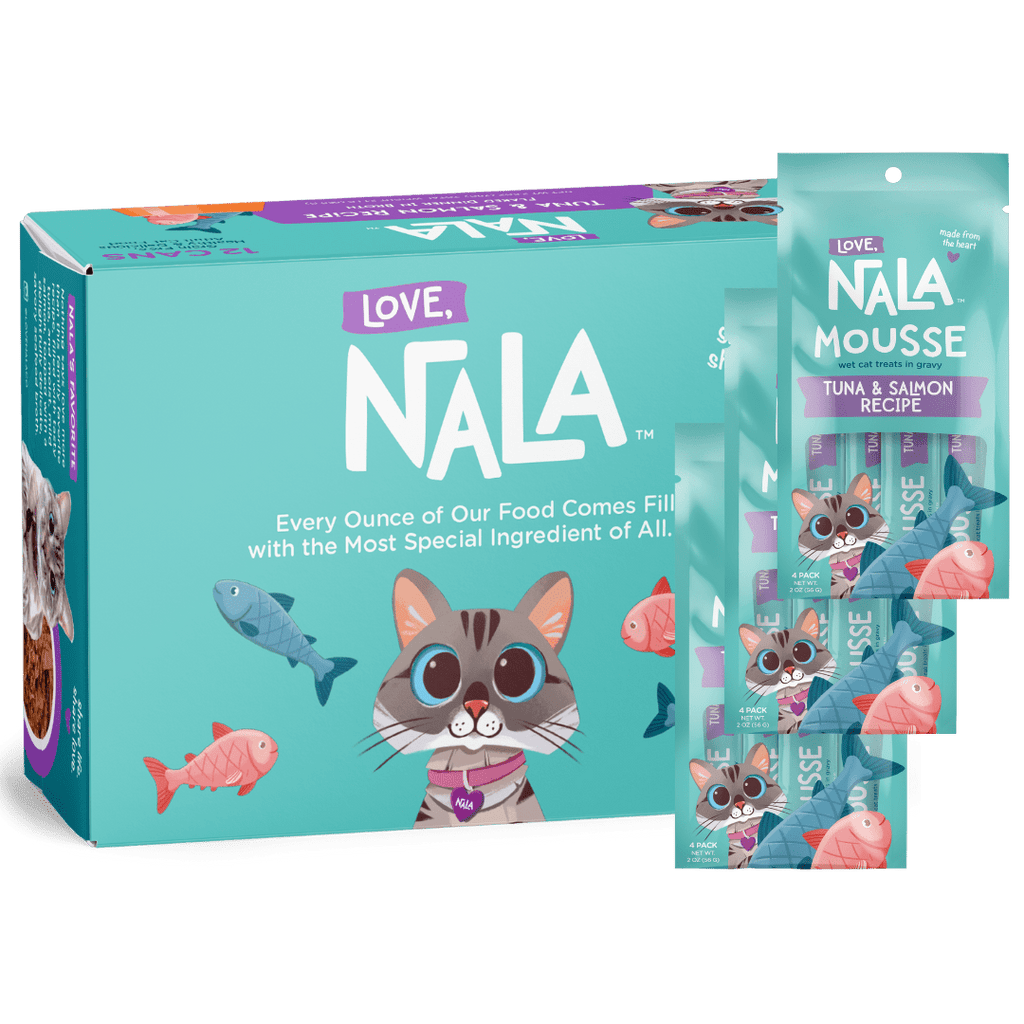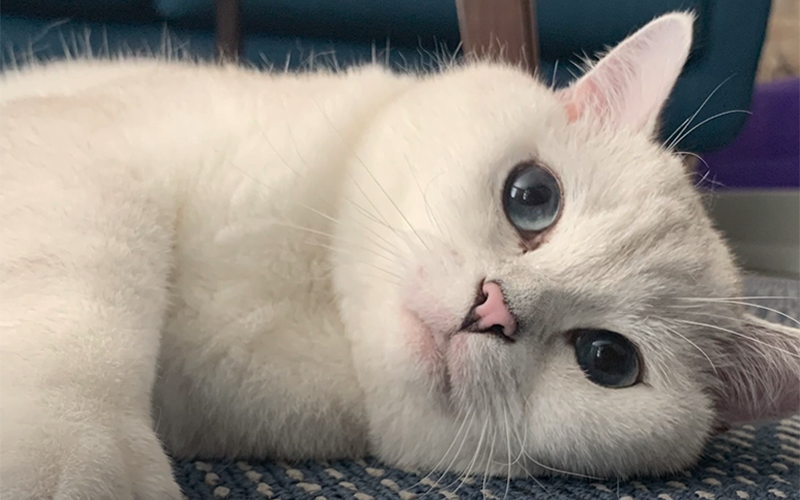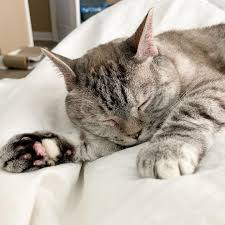Cats, through the lens of evolution, have always been hunters at heart, thriving on diets abundant in animal prey. This evolutionary dietary pattern underpins their natural inclination towards high protein feline nutrition. Unlike omnivores, cats have specific physiological adaptations that make a protein-rich diet not just preferable, but essential for their optimal health.
There are prevalent misconceptions about what constitutes an ideal feline diet. This discussion aims to dispel myths and provide a comprehensive guide on the benefits of protein-rich cat meals. It's about understanding why and how a diet high in protein aligns with a cat's biology and lifestyle needs.
We will delve deeper into the benefits of protein for muscle maintenance, metabolism, and overall health. We will compare animal-based proteins to plant-based alternatives, explore how to choose the best cat food protein content and discuss the importance of a balanced approach when selecting maximum protein cat diets.
Delving into the Benefits of High-Protein Diets
High-protein feline nutrition is a cornerstone of a cat's health and well-being, particularly when it comes to their muscular system. Cats are known for their agility and playful nature, necessitating a robust muscular system for climbing, pouncing, and general exploration. Proteins are the primary building blocks for muscle in cats, much more so than in many other animals. They rely on protein not just for muscle repair, but as a significant energy source. A high protein intake is thus essential to maintain muscle mass and facilitate growth, especially in kittens and senior cats who require more for development and maintenance, respectively. Diets deficient in protein can lead to muscle loss and diminished physical capabilities, while a diet rich in proteins provides the essential amino acids necessary for muscle synthesis.
Proteins are not just building blocks; they are vital for your cat's metabolism and energy levels. A diet rich in proteins has been linked to more efficient calorie burning in cats. This is especially beneficial for overweight felines, as high-protein diets can help maintain lean mass during weight loss, contributing to a healthier weight management process. By providing a steady source of energy, protein-rich meals support cats in sustaining their energetic and playful behavior without the quick spikes and fall in energy associated with high-carbohydrate diets1.
The benefits of a protein-rich cat meal extend beyond muscle and energy. A high-protein diet can contribute to a shinier coat, healthier skin, and overall better immune function. These diets support a cat's natural defenses and aid in the maintenance of a lustrous coat, which is not just a matter of appearance but also a reflection of a cat's inner health2.
Plant-Based vs. Animal-Based Proteins
When it comes to cat dietary protein sources, not all proteins are created equal. Animal-based proteins have a complete amino acid profile, which is essential for cats. They also have higher digestibility compared to plant-based proteins. This means cats can absorb and utilize animal proteins more efficiently, making them superior in supporting feline health. The bioavailability of essential nutrients from these proteins is critical, particularly taurine, an amino acid that is crucial for cats and is found predominantly in animal tissues.
In commercial cat foods, you'll find a variety of protein sources. Animal-based options typically include chicken, beef, fish, and eggs, known for their high protein wet cat food content. Plant-based proteins, such as soy or corn gluten, are also used, especially in dry foods. It's important to assess the quality of these sources; for instance, named meat meals can provide concentrated protein, while by-products may vary in protein quality.
When considering premium protein cat diet options, individual health conditions can't be ignored. Cats with specific health issues may require tailored protein sources. It's advisable to consult with veterinary nutritionists who can recommend the most suitable protein-focused foods, whether it's a natural high protein cat food or a diet with specific protein restrictions. They can guide you in balancing protein with other necessary dietary components to support your cat's overall health and well-being.
Selecting High-Protein Cat Foods
When scrutinizing cat food protein content, the label is your best guide. It lists ingredients in descending order by weight, giving you insight into the prominence of protein in the formula. However, the percentage of protein on the guaranteed analysis panel is equally telling. High numbers are a good sign, but it's the source of the protein that matters. Look for named animal proteins at the top of the ingredient list—these are signs of quality protein sources. Be wary of vague terms like 'meat by-products,' as these can vary in protein quality.
Seeking out the best high protein cat meals often leads to premium brands that prioritize animal-based proteins. These brands typically offer a range of products, from high protein dry cat food to wet food options. Wet foods generally have a higher protein content by proportion and are closer to a cat's natural diet. When selecting, consider your cat’s preference and health needs, and opt for reputable brands with transparent practices and high-quality ingredients.
While high-protein diets have their advantages, balance is key in any cat food planning. A protein-focused feline food should still be part of a diet that includes the right amounts of fats, carbohydrates, vitamins, and minerals. Overemphasizing protein at the expense of other nutrients can lead to imbalances and health issues. A holistic approach to your cat's diet will ensure that they're not just satisfied but truly nourished.
Transitioning to a High-Protein Diet
Transitioning your cat to a high protein feline nutrition plan should be a gradual process. Start by introducing high protein cat meals incrementally, mixing them with the current food and slowly increasing the proportion over several weeks. This gradual shift helps prevent digestive upset and allows your cat's system to adjust to the higher protein levels. Monitoring your cat's reaction to the new diet is crucial, paying attention to their appetite, digestion, and overall behavior.
Professional guidance is essential when considering a switch to maximum protein cat diets. A veterinarian can evaluate your cat's health status and determine if a high-protein diet is appropriate. They can also help identify any potential health concerns that could be impacted by dietary changes, such as kidney function or pre-existing conditions, ensuring the transition supports your cat's health.
After transitioning to a protein-focused feline food, ongoing evaluation of your cat's health is vital. Regular check-ups with the vet can help track the diet's impact on their health. Be prepared to make necessary adjustments based on their ongoing needs, which may change as they age or if their activity level varies. A responsive approach to diet can contribute significantly to your cat's long-term well-being.
In summary, the advantages of a high protein wet cat food regimen for felines are clear, aligning with their carnivorous biology and supporting everything from muscle maintenance to immune health. Yet, the emphasis must always be on balanced nutrition and professional guidance to ensure that a high-protein diet is beneficial and not detrimental to your cat's health.
Each cat is unique, requiring a tailored approach to nutrition. A natural high protein cat food may be ideal for some, while others may thrive on different nutrient ratios. Cat owners should strive to provide a nutritious and satisfying diet that caters to their individual cat's needs, always backed by informed veterinary advice and ongoing assessment.




















